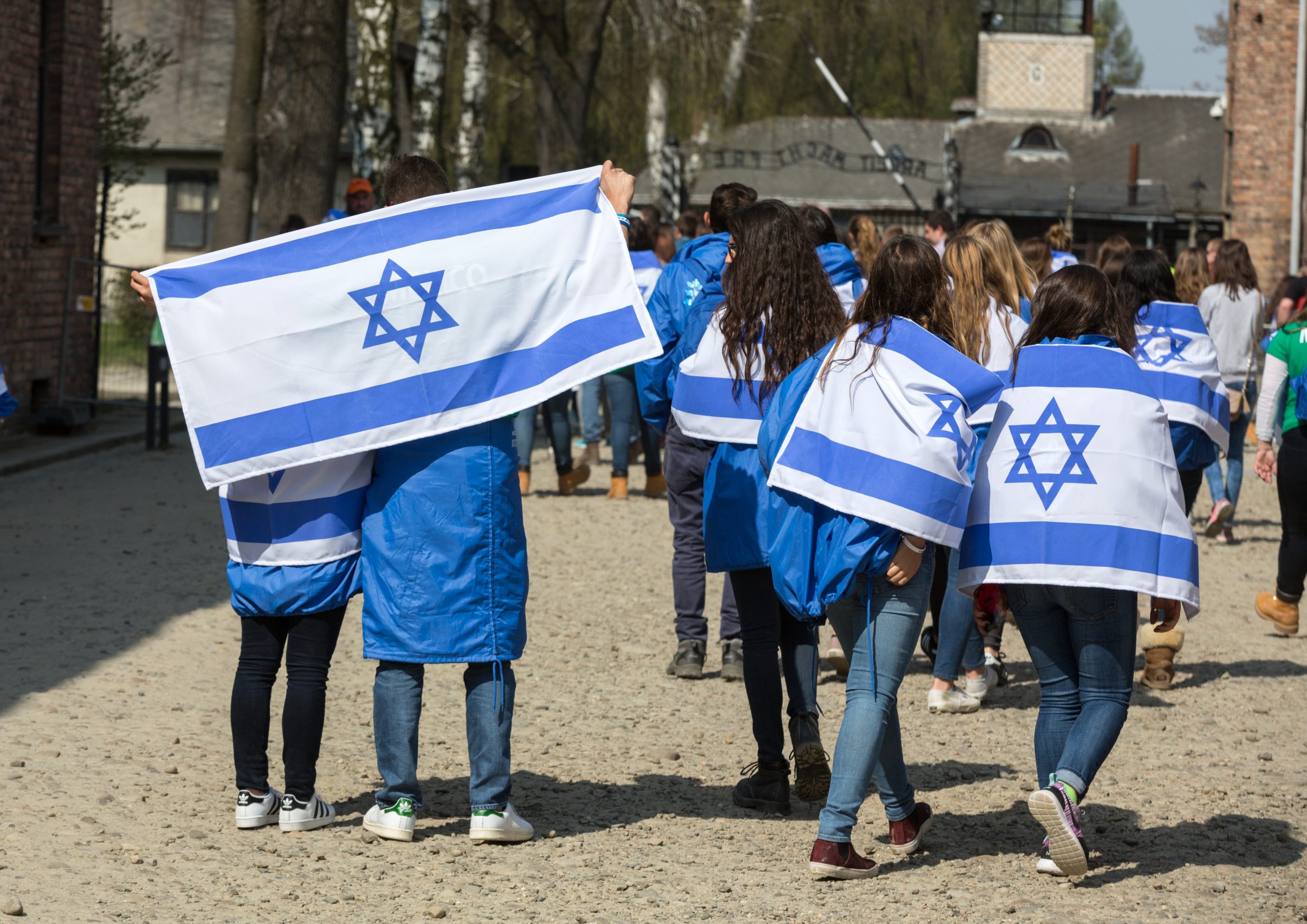Learning Nothing from History
A different take on the debate about teaching the history of the Holocaust after October 7
Uriya Shavit

Last week, Israel’s Education Ministry decided high school students would not be required to be tested on the history of the Holocaust on their mandatory matriculation exam (Bagrut) this year. The argument is that, following October 7, pupils are too emotionally distressed to deal with the topic.
Minister Yoav Kisch took a lot of heat for the decision, which high-ranking education officials made after serious consideration.
It is a classic case of heads I win, tails you lose. If the minister had not followed a call made by the professionals, the media and certain publicity-eager institutions would blame him for privileging nationalist politics over the psychological needs of teenagers.
The argument that allowing students to avoid the horrors of the past is not a logical way of helping them deal with the horrors of the present makes sense. Still, it is curious to see the same people who usually degrade politicians and sanctify experts’ opinions speak differently when they disagree with what the experts say.
Does it matter, anyway?
The underlying assumption in the debate is that if pupils don’t learn about the Holocaust for their final exam, they will graduate knowing nothing about it.
This is true: If a topic is not mandatory for the Bagrut, it is as if it does not exist.
Yet the sad reality is that the inclusion of a topic also does not achieve much.
That’s because Israeli matriculation exams in the humanities suffer from two main problems typical to contemporary education: they are too ambitious and too forgiving.
They aim to cultivate kids who think contextually and critically, and they end up producing graduates who know almost nothing.
The key to learning history is to master the basic facts of the period studied: dates, names, places, and concepts.
This is done, in part, through memorization. Once the facts are solidly ingrained, learning more about contexts and processes is possible. Then, and only then, meaningful individual comparative, critical, and original observations may emerge.
Memorizing facts is not a way to suffocate independent thinking. It is a way to build it. Memorization establishes lasting orientation. Without orientation, any knowledge acquired is shaky and quickly lost.
If it were up to me, matriculation exams in history would comprise nothing more than 50 multiple-choice questions on facts, and matriculation exams in Bible would require nothing but the recitation of 100 verses.
To be sure, kids anyhow still memorize in a chew-and-spit manner for their finals (sometimes from synopses written by their teachers). Yet, instead of memorizing the foundations of knowledge, they memorize abstractions.
There is little use in being able to note four reasons – no, let’s make it two, four is too many – why the Nazi party came to power without knowing solidly what Nazi means and when precisely those two world wars happened.
Ministers of education and professors with good intentions think that in the Internet age, memorization is an anachronistic learning method. That is why so many young people nowadays feel lost. They can easily access knowledge but do not possess it. And it’s not quite the same thing.
Some years ago, I saw a young teacher-soldier on campus talking with her friend near (what was then called) the Diaspora Museum.
They were preparing for a presentation they were due to give to a group of recruits and were struggling. “So, first there was Herzl, and then the Holocaust?” asked the young soldier.
If the matriculation exam in history required her to memorize a long list of dates, she would have attained the structure and the confidence needed to learn more by herself.
The words of the teacher-soldier alarmed me in another profound way.
Jewish history is more than a precursor to the Holocaust, while Zionism is not, historically, a belated reaction to it.
Yet because of the centrality the study and the memory of the Holocaust attained in Israeli society, some believe this to be the case.
Holocaust studies are overwhelming the study of everything historical in high schools. With the exception expected for this year, the proportion is 50-50 at the stages where it matters most.
How much of a public outcry would there be if the Ministry of Education had announced that this year, pupils could graduate without learning about the remarkable life story of Herzl, Jewish medieval sages, the universally unmatched Jewish contribution to science, the revival of the Hebrew language, or the Balfour Declaration?
There wouldn’t be any at all because the reality is that also in ordinary years, it is possible to take the mandatory matriculation exam in history without answering one single question about any of the above.
The centrality that studying the Holocaust has gradually come to attain in Israeli schools marks a moral commitment. It manifests recognition of the crimes’ unprecedented nature and their consequences, and gives substance to the vow “Never Again.”
Yet the centrality also owes, in part, to another motivation. It is encouraged by the desire of educators and society at large to avoid the potential controversies and sensitivities that other chapters in Jewish and Zionist history involve in a deeply fragmented society.
And that is a more significant reason for concern than the absence of the Holocaust from one exam in one exceptional, tragic year.
